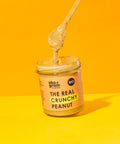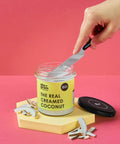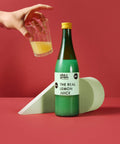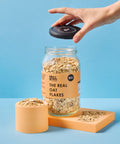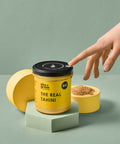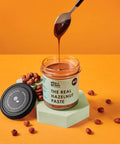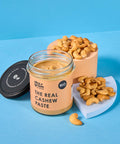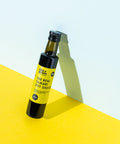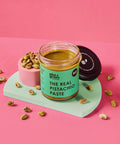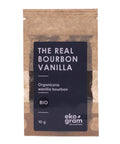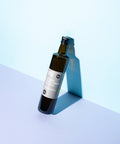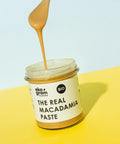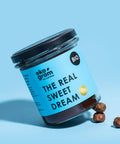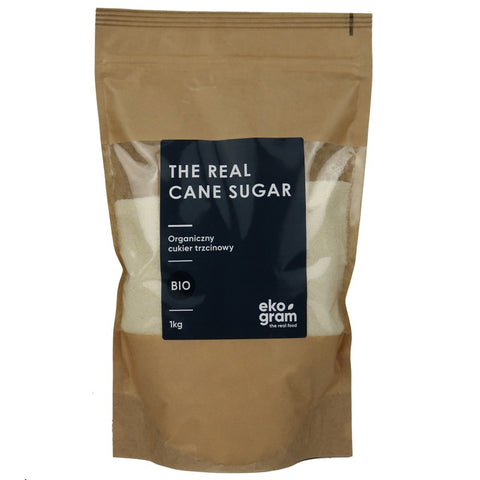Replace the white crystal with cane sugar
Cane sugar is a good and healthy alternative to plain white sugar. Although in our country it still loses to white crystals, it is the basic sweetener in many parts of the world.
First for the elite, then it ended up in thatched roofs
Cane sugar has been known and produced for over 5,000 years - the inhabitants of New Guinea were the first to discover the properties of sugar cane juice. However, cane sugar was produced there on a small scale. Mass production began only 500 years later the inhabitants of India. In Europe, cane sugar appeared relatively late, because only during the conquests of Alexander Macedonian in the 4th century BC. Honey-bearing cane was widely known, but only among the richest. The representatives of the elite used sugar not only for sweetening, but also as a medicine. Over time, cane sugar became a common sweetener throughout Europe, although it was still not a cheap product. It was only in the nineteenth century that it was replaced by much cheaper and easier to obtain sugar made from beetroot.
Not only does it sweeten, but it also has a lot of value
Refined white cane sugar isn't actually white, it just has a beautiful pale golden color. The consistency is similar to regular sugar - it has the form of crystals that dissolve in liquids very quickly. It is a great source of easily digestible energy, and at the same time, in the minds of consumers, it functions as much healthier than white sugar made from sugar beet. It is completely natural and does not contain any artificial additives.
Perfectly sweet and soluble
Cane sugar is widely used in the kitchen. It is sweet in taste, but delicate and neutral. You can sweeten coffee, tea or other drinks with it and it will not change their taste properties. It can also be added to cakes and other pastries. Although cane sugar does not differ much from white beet sugar in terms of calories, it is much healthier than it. For health and better well-being, it is worth replacing white beetroot crystals with golden reed crystals.
Nutritional value per 100 g
- energy value1680 kJ / 400 kcal
- fat0 g
- including unsaturated fats0 g
- carbohydrates99,5 g
- including sugars99,5 g
- protein0,5 g
- salt0,01 g
